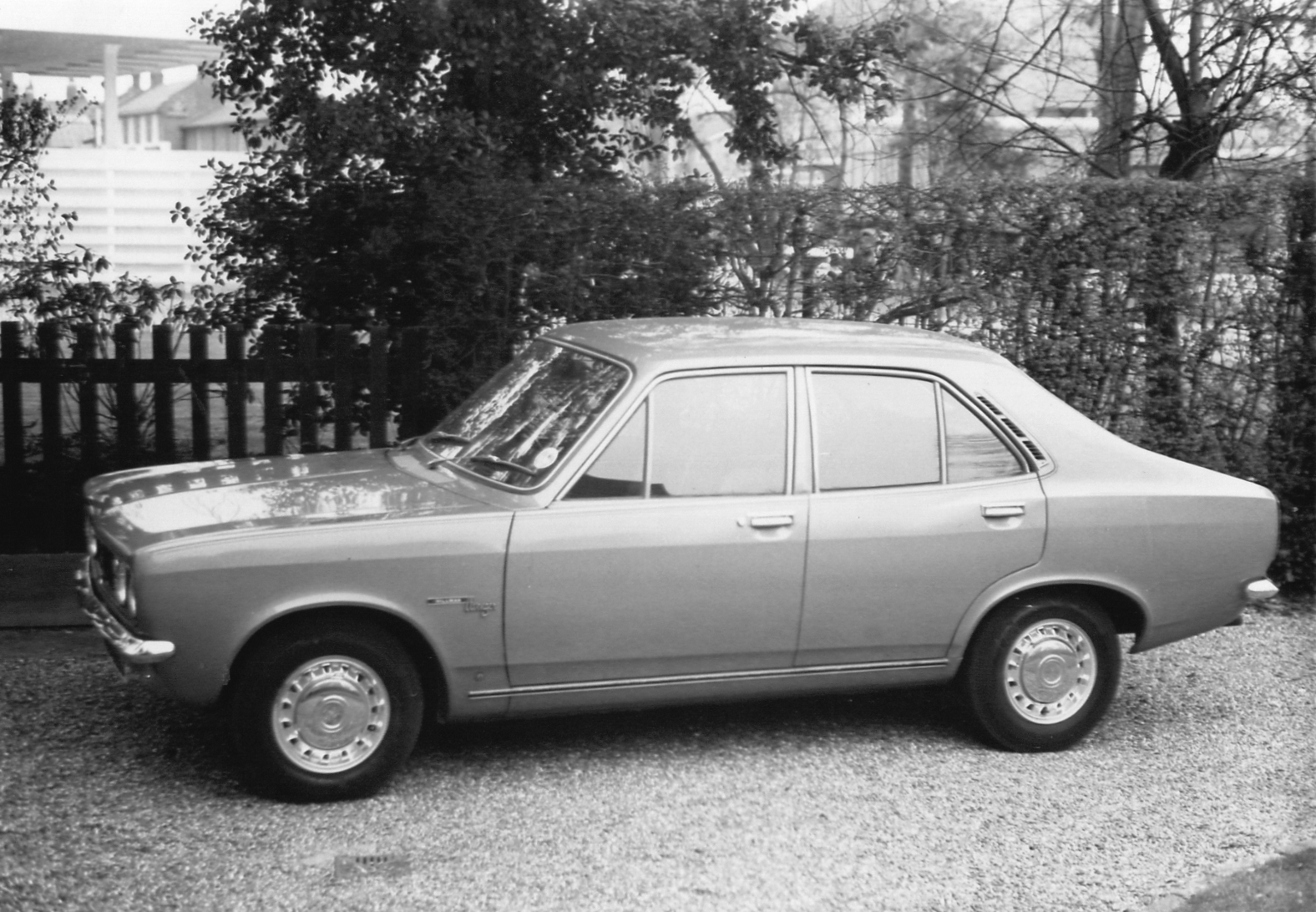|
RTÉ Studio Bombing
The RTÉ Studio bombing was a 1969 bomb attack carried out by the Ulster Loyalist paramilitary group the Ulster Volunteer Force (UVF) in Dublin, Ireland. It was the first Loyalist bombing in the Republic of Ireland during the Troubles. Background In March and April 1969 the UVF and Ulster Protestant Volunteers (UPV) carried out a number of sabotage bombings in and around Belfast and blamed them on the Irish Republican Army (IRA) in an attempt to get rid of the current Northern Ireland Stormont government who hardline Loyalists felt was too liberal towards Irish nationalism. Bombing The attack took place on 5 August 1969 at 1:30am at the RTÉ television studios. The blast was heard over a wide area of Dublin city, even as far as Howth, seven miles away. RTÉ security officer Vincent Brien was knocked to the ground when he was standing 25 feet from the blast, but he was uninjured. The bomb is believed to have been planted at the rear wall of the studio building and little struc ... [...More Info...] [...Related Items...] OR: [Wikipedia] [Google] [Baidu] |
The Troubles
The Troubles () were an ethno-nationalist conflict in Northern Ireland that lasted for about 30 years from the late 1960s to 1998. Also known internationally as the Northern Ireland conflict, it began in the late 1960s and is usually deemed to have ended with the Good Friday Agreement of 1998. Although the Troubles mostly took place in Northern Ireland, at times violence spilled over into parts of the Republic of Ireland, England, and mainland Europe. Sometimes described as an Asymmetric warfare, asymmetric or Irregular warfare, irregular war or a low-intensity conflict, the Troubles were a political and nationalistic struggle fueled by historical events, with a strong Ethnic conflict, ethnic and sectarian dimension, fought over the Partition of Ireland, status of Northern Ireland. Unionism in Ireland, Unionists and Ulster loyalism, loyalists, who for Plantation of Ulster, historical reasons were mostly Ulster Protestants, wanted Northern Ireland to remain within the United Ki ... [...More Info...] [...Related Items...] OR: [Wikipedia] [Google] [Baidu] |
Dublin And Monaghan Bombings
The Dublin and Monaghan bombings of 17 May 1974 were a series of co-ordinated bombings in Dublin and Monaghan, Ireland, carried out by the Ulster Volunteer Force (UVF). Three car bombs exploded in Dublin during the evening rush hour and a fourth exploded in Monaghan almost ninety minutes later. They killed 33 civilians and injured almost 300. Together, the bombings were the deadliest attack of the conflict known as the Troubles (although the deadliest single incident would be the Omagh bombing in 1998), and the deadliest attack in the Republic's history. Most of the victims were young women, although the ages of the dead ranged from 4½ months up to 80 years. The UVF, a loyalist paramilitary group from Northern Ireland, claimed responsibility for the bombings in 1993. It had launched a number of attacks in the Republic since 1969. The month before the bombings, the British government had lifted the UVF's status as a proscribed organisation. The bombings happened during ... [...More Info...] [...Related Items...] OR: [Wikipedia] [Google] [Baidu] |
Dublin Airport Bombing
On 29 November 1975, a bomb exploded in the arrivals terminal of Dublin Airport, killing a man and injuring nine other people. The Ulster Defence Association (UDA), a loyalist paramilitary group from Northern Ireland, claimed responsibility for the bombing. It was one of a series of loyalist bomb attacks in the Republic of Ireland between the late 1960s and mid-1970s. Background Loyalists had been carrying out bomb attacks in the Republic of Ireland, mainly in Dublin, and in border counties Cavan, Donegal, Louth and Monaghan, since the beginning of the Troubles in August 1969. Several of these had resulted in fatalities. Three civilians were killed and almost 200 injured in the 1972 and 1973 Dublin bombings, while 34 civilians were killed in the Dublin and Monaghan bombings in 1974, the deadliest attack of the Troubles. The bombing On the afternoon of 29 November 1975, a bomb exploded in the public toilets in the arrivals terminal of Dublin Airport. It killed Aer Lingus worker ... [...More Info...] [...Related Items...] OR: [Wikipedia] [Google] [Baidu] |
